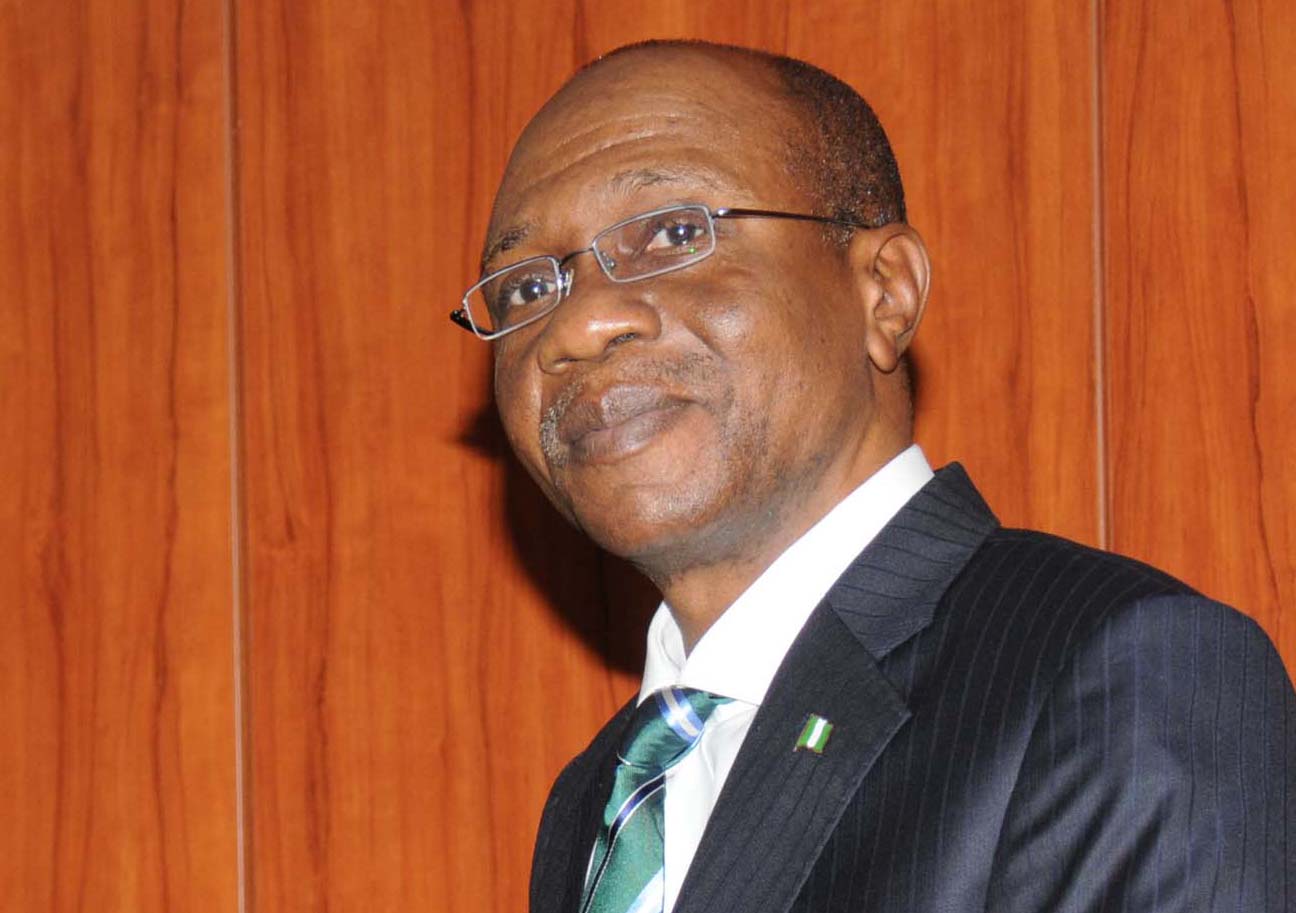The federal government on Friday announced new measures to address financing related issues in the power sector, including a N213 billion bailout facility to settle legacy gas debts.
The minister of petroleum resources, Mrs Diezani Alison-Madueke, made the fact known at a joint press conference at the Presidential Villa, Abuja.
She was joined by the governor of the Central Bank of Nigeria (CBN), Mr Godwin Emefiele, the minister of power, Prof. Chinedu Nebo, and the chairman, Nigerian Electricity Regulatory Commission (NERC), Dr. Sam Amadi.
Alison-Madueke said that the facility, which would be provided by the CBN in collaboration with deposit money banks, would also be used to address revenue shortfall in the power sector.
Advertisement
The minister noted that inadequate gas supply for power generation was one of the three major issues affecting the sector.
She said that up until August 2, the controlled price of gas used by power plants was unattractive to most gas suppliers, which led to an overhang of debts for gas supplied to the sector.
The second problem confronting the sector, according to her, is the misalignment between electricity tariff and the true cost of running electricity businesses.
Advertisement
She said the situation led to a build-up of shortfalls in revenues along the electricity supply value chain.
“The third problem has been the ability of generation companies to reliably produce the electricity that is possible with reduced volumes of gas.
“With most of the operators having just acquired PHCN successor generation companies, they could hardly afford the reduced income due to the shortfall in revenues for reasons I have just set out.
“The newly privatised companies have borne the brunt of these and consequent revenue shortfalls in the sector, since handover last November.
Advertisement
“This is hampering much needed investment in the sector and has slowed down efforts to improve electricity supply,” she said.
As part of the new measures to address those challenges, Alison-Madueke said that NERC would publish a reset Multi-Year Tariff Order (MYTO 2.1).
She said the new tariff order would take into account the CBN facility, current levels of energy output, the new baseline gas price and other variables that more closely reflect the true cost of running electricity businesses.
“The electricity market, which now consists of mainly private operators, will repay this facility with a first-line charge on their revenues over a 10-year period.
Advertisement
“There will be a moratorium on repayment of the credit facility from the banks by distribution companies, until electricity supply across the country improves.
“This will ensure that the cost of electricity for ordinary consumers continues to be at affordable levels.”
Advertisement
According to her, the credit facility will be disbursed through commercial banks and a special purpose vehicle to be managed by a dedicated fund manager.
She explained that this structure would ensure that the funds were repaid in full within the time frame of the reset tariff order.
Advertisement
Alison-Madueke, however, noted that there would be strict conditions for entities involved in the power sector to access the intervention facility.
“Distribution companies will give commitments to deploy this backlog of outstanding payments, obtained via the credit facility on agreed metering programmes and transformer procurement.
Advertisement
“This should reduce estimated billing and improve their revenue collection.
“They will also have to meet commitment to rapidly expand their networks. This will ensure that more Nigerians, especially in rural areas of the country, have access to electricity.
“Generation companies will be required to target the payments for outstanding invoices, that they will receive via this intervention, on equipment procurement and maintenance programmes.”
Under the conditions, the minister said that the Transmission Company of Nigeria (TCN) would also sign commitments to ensure that electricity produced by generation companies reached the distribution companies.
On their part, gas suppliers would sign commitment to assure medium term gas supply growth that would stabilise all privatised power plants within 12 months to 24 months.
Add a comment






